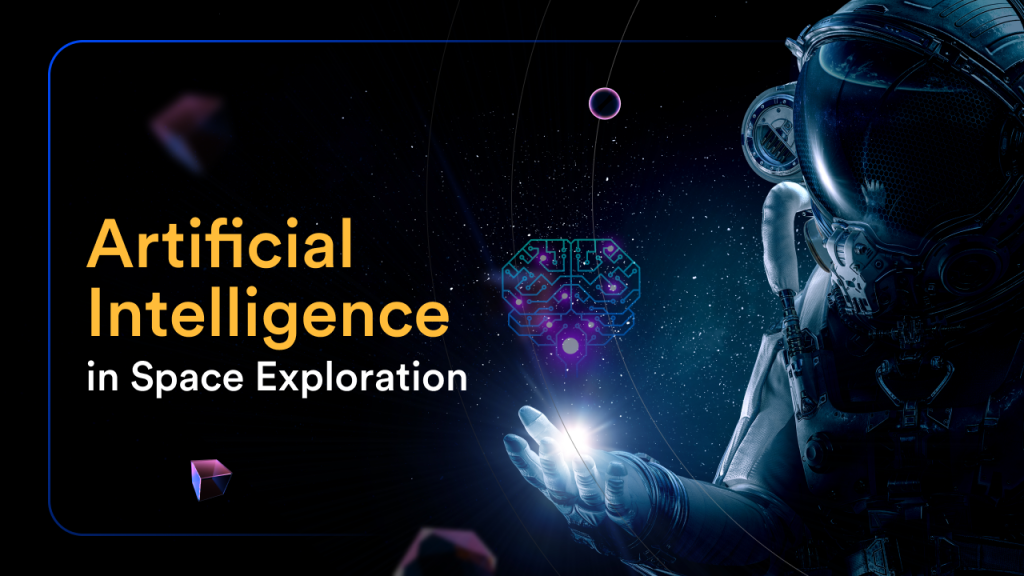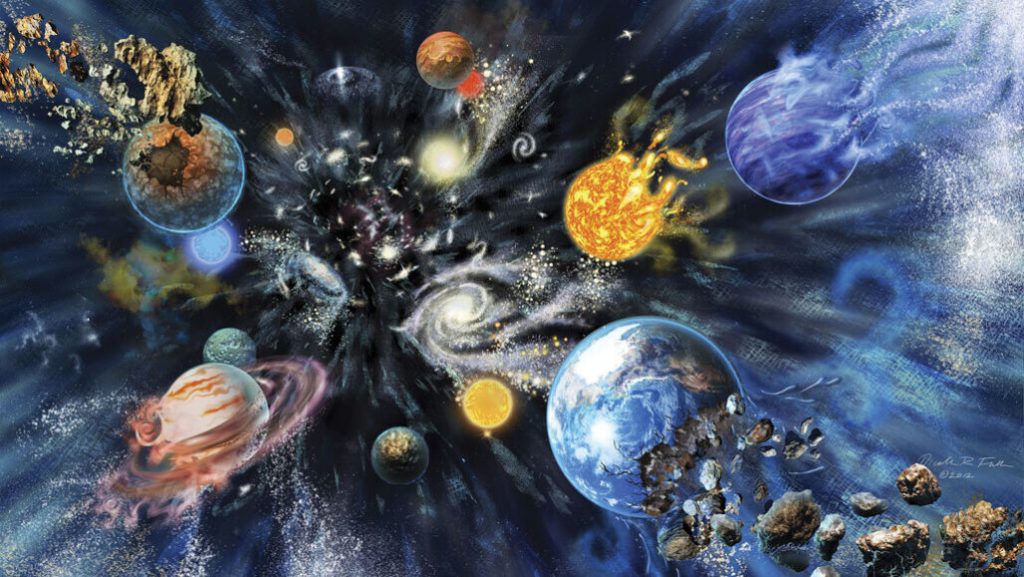
Introduction
The exploration of space has always captivated humanity’s imagination. With the advent of artificial intelligence (AI), a new chapter in space exploration has begun. AI holds immense potential to revolutionize the way we understand and uncover the secrets of the cosmos. This tutorial will delve into the intersection of AI and space exploration, highlighting its applications and the transformative impact it can have on our exploration of the universe.
Section 1: Foundations of AI in Space Exploration
1.1 Understanding AI in Space Exploration
- Briefly introduce AI and its significance in various industries.
- Explain how AI is being integrated into space exploration for enhanced efficiency and scientific discovery.
1.2 Key AI Technologies
- Provide an overview of key AI technologies such as machine learning, neural networks, and deep learning.
- Explain how these technologies enable autonomous decision-making and data analysis.
Section 2: Applications of AI in Space Exploration

2.1 Autonomous Navigation and Control
- Describe how AI enables spacecraft, rovers, and probes to navigate autonomously through space and on planetary surfaces.
- Highlight the importance of AI in mitigating communication delays and making real-time decisions.
2.2 Data Analysis and Interpretation
- Explore how AI assists in processing and analyzing the massive amounts of data collected from telescopes, satellites, and instruments.
- Discuss the role of machine learning in identifying patterns and anomalies that might go unnoticed by human analysts.
2.3 Spacecraft Design and Optimization
- Explain how AI aids in designing spacecraft, optimizing their performance, and reducing costs.
- Discuss how simulations and optimization algorithms contribute to successful space missions.
2.4 Exoplanet Discovery and Characterization
- Detail how AI helps in identifying exoplanet candidates and analyzing their atmospheres for signs of habitability.
- Mention the significance of AI in the search for potentially habitable exoplanets.
2.5 Health Monitoring and Support for Astronauts
- Highlight how AI systems monitor the health of astronauts in real-time, aiding in early detection of health issues.
- Discuss the potential of AI to provide medical insights and recommendations during long-duration missions.
Section 3: The Future Potential
3.1 Resource Management on Planetary Missions
- Explore how AI assists rovers and landers in managing their resources effectively.
- Explain the importance of AI in optimizing energy allocation and prioritizing scientific tasks.
3.2 Predictive Maintenance of Spacecraft
- Discuss how AI predicts hardware failures by analyzing sensor data and telemetry.
- Highlight how this capability contributes to the reliability of deep space missions.
3.3 Space Telescopes and Observations
- Explain how AI optimizes the scheduling of observations for space telescopes.
- Mention the role of AI in maximizing the scientific value of observations.
3.4 Advancements in Understanding the Cosmos
- Discuss how AI aids in analyzing cosmological data, potentially leading to breakthroughs in understanding dark matter, dark energy, and the origins of the universe.
3.5 The Search for Extraterrestrial Intelligence (SETI)
- Explain how AI enhances the processing of data in the search for intelligent signals from outer space.
- Discuss the potential implications of AI-assisted SETI efforts.
Section 4: Conclusion and Future Prospects

4.1 Recap of AI’s Role in Space Exploration
- Summarize the key applications of AI in space exploration discussed in the tutorial.
4.2 The Exciting Future Ahead
- Emphasize the potential for AI to uncover mysteries of the cosmos that were previously beyond reach.
- Encourage readers to stay informed about advancements in both AI and space exploration.
4.3 Ethical Considerations
- Briefly touch upon ethical considerations surrounding AI in space exploration, such as responsible data usage and decision-making.
Conclusion:
The integration of AI into space exploration opens up exciting possibilities for unraveling the secrets of the cosmos. From autonomous navigation and data analysis to spacecraft design and advanced research, AI’s potential in space exploration is vast. As AI continues to evolve, it will undoubtedly play a pivotal role in reshaping our understanding of the universe and pushing the boundaries of human exploration beyond Earth’s confines.
Thanks,






Leave a Reply
You must be logged in to post a comment.